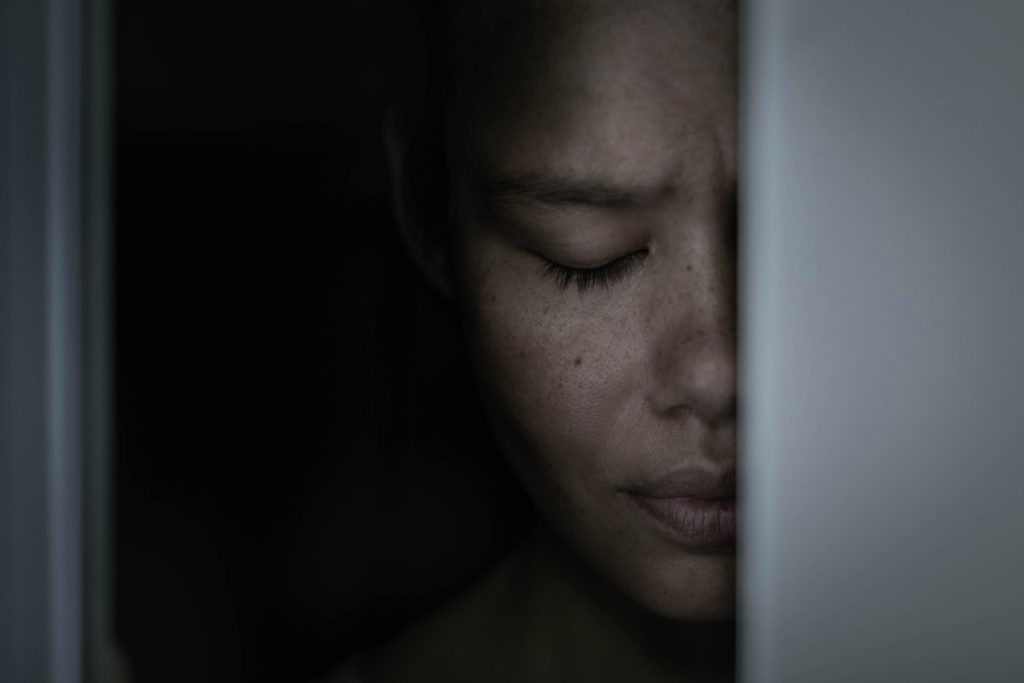
When you decide to seek professional help for a mental health condition, substance use disorder, or both, you might find there are a lot more forms of treatment than you thought.
There is no “one size fits all” approach to mental and physical health care, so there are dozens of different treatments, programs and rehabilitation services available to you.
One of these is a partial hospitalization program.
In this article, we’re going to take a closer look into mental partial hospitalization programs as well as addiction partial hospitalization programs. We’ll help you better understand what these programs are, why they’re used, who they’re best for, as well as their top benefits.
What is a partial hospitalization program?
A partial hospitalization program — sometimes also called — is a structured treatment program for someone struggling with a mental health disorder, substance use disorder or both (dual diagnosis).
Contrary to the name, you are not actually spending time in a hospital setting. Rather, these
programs are often referred to as a “day program,” due to the fact that patients, while receiving care and engaging in various sessions during the day, continue to live at home (as opposed to onsite 24/7, such as in the case of rehab).
Partial hospitalization programs are a good option for those who are unable (or unwilling) to enroll in a full-time residental treatment program.
What to expect
Every facility’s partial hospitalization programs vary a bit in their treatment plan and format, but the majority of them can be tailored to meet the needs of the individual.
For the most part, you can expect:
- A diagnostic interview and initial assessment
- A formal evaluation of your phsyical and mental health
- The construction of a personalized treatment and recovery plan
- Individual, group, or family services and activities
- On-site nursing services or medication management, if needed
- Development of a continuum of care for your life after completing the program
To learn more about the different therapies we offer specifically within our partial hospitalization programs, send us a message and we’ll be in contact with you shortly.
The benefits
The top benefits of a partial hospitalization program include:
- Direct access to medical and behavioral heath professionals
- Customized treatment and care for your personal needs
- Group sessions, activities, and therapy (as in, a community of peers)
- High quality of care for an affordable price
- Easier transition to independence and everyday living
If you think you or someone you love could benefit from a mental health or addiction partial hospitalization program, we offer both in multiple locations.
Find a partial hospitalization program near you
Between all of our southern locations, we offer both mental health partial hospitalization programs as well as addiction partial hospitalization programs.
Our addiction partial hospitalization programs, for substance use and dual diagnosis, are located in:
Our mental health partial hospitalization programs are located in:
To learn more about the partial hospitalization programs we offer, reach out to us anytime.
Reach out for additional guidance
If you think you or someone you know could benefit from a partial hospitalization program, send a message to our team here at High Focus Centers.
Our southern locations offer partial hospitalization programs for mental health, substance use disorders, as well as dual diagnosis conditions. We prioritize a client-focused approach to our treatment plans, which means every patient receives the highest quality of care.
In addition, we make sure to keep our programs flexible enough that you can continue your everyday activities outside of treatment while still receiving your treatments and care.
To speak with one of our admissions specialists and learn more about our programs and which might be best for you, submit a form or call our office today.
Recent Posts
- How Mood Stabilizers Work to Restore Emotional Balance
- Trauma-Informed Approaches in Therapy: Why Understanding Trauma is Essential for Healing
- Using Art as a Voice: Exploring the Therapeutic Benefits of Creativity
- What is Xylazine?
- How Overcoming Roadblocks is Crucial to Recovery – And How Your Treatment Center Can Help




